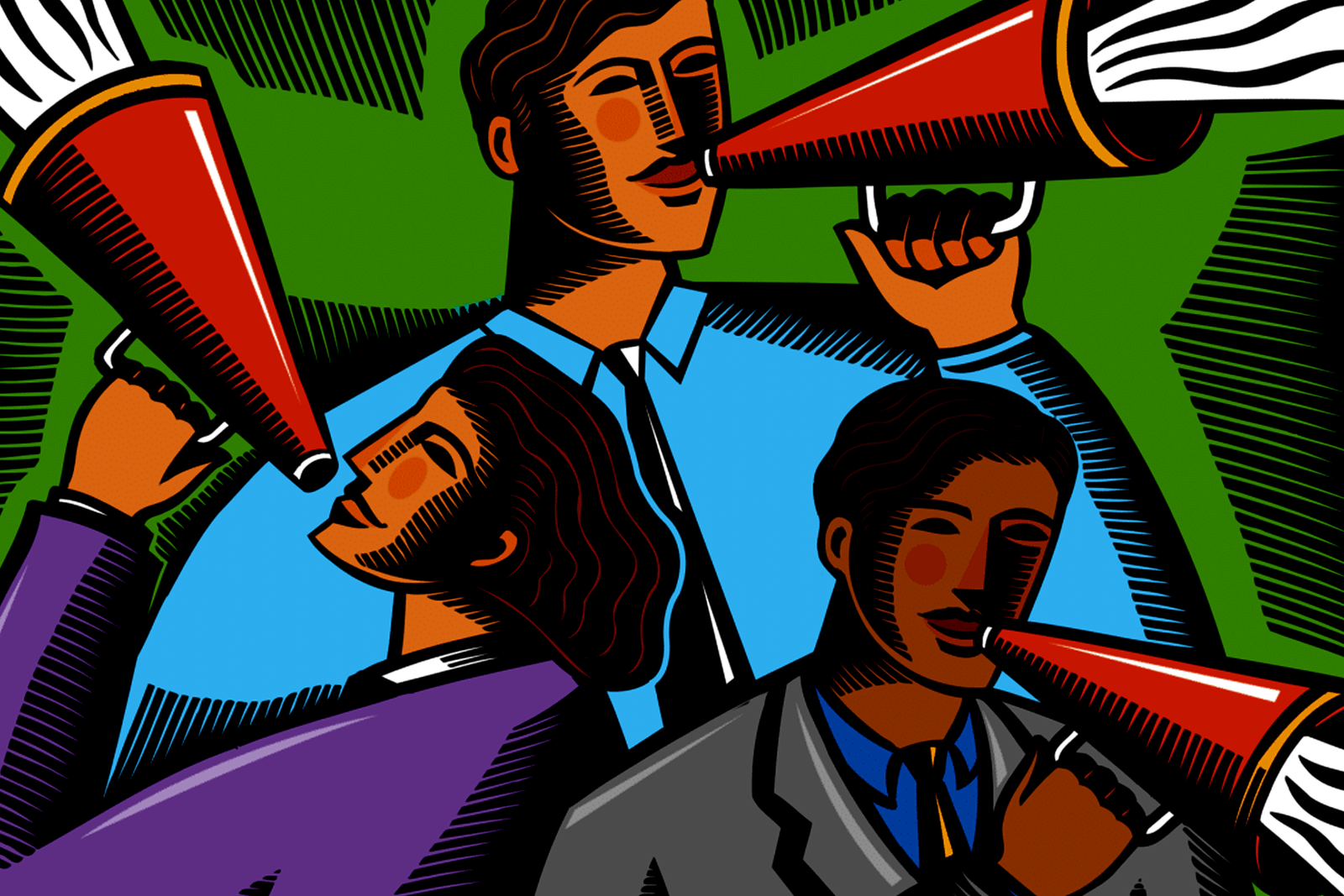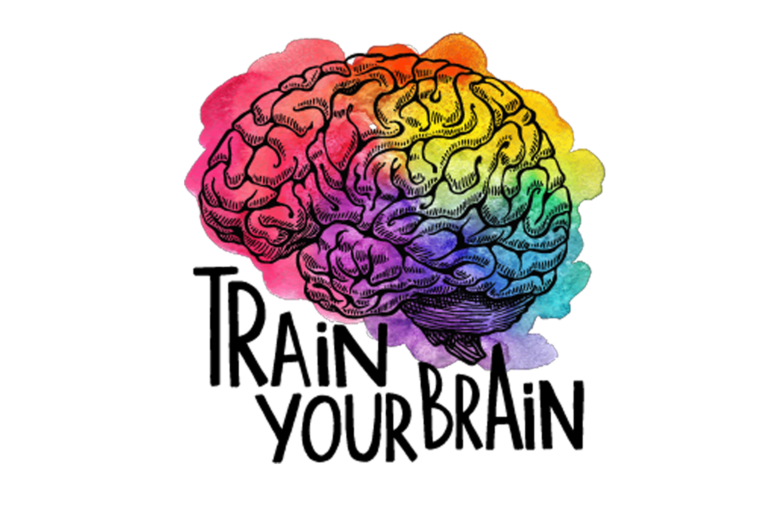
Speaking Up in a World That Wants You Silent
There is an unspoken rule in society: “Don’t rock the boat.” From childhood, we are conditioned to stay quiet—don’t challenge authority, don’t disagree too loudly, don’t make others uncomfortable with your truth. But history has shown us that real change only happens when someone refuses to stay silent.
In Uganda, where tradition and modernity often clash, speaking up can be even harder. Elders say, “A child who speaks the truth is sent to bed hungry.” But what happens when silence becomes complicity?
Your Voice is your power – Never let the world convince you to surrender it.
Mukiibi Hamza Katende
Why the World Fears Loud Voices
Those in power—governments, corporations, even social circles—thrive on control. A silent population is easier to manage. Consider this:
- Whistleblowers are labeled traitors.
- Activists are called troublemakers.
- Artists who challenge norms are censored.
Yet, every major shift—from independence movements to #MeToo—started because someone dared to

The Cost of Speaking Up (And the Greater Cost of Not)
Yes, there are risks:
- Social backlash—you might lose friends or status.
- Professional consequences—some doors may close.
- Personal fear—doubt creeps in. “What if I’m wrong?”
But the cost of silence is higher:
Injustice continues unchallenged.
Corruption thrives in the dark.
Future generations inherit the same battles.
The only thing necessary for evil to triumph is for good men to do nothing.
Edmund Burke
How to Find Your Voice (Without Burning Out)
- Start Small – Voice your opinion in conversations, not just protests.
- Pick Your Battles – Not every hill is worth dying on, but some are.
- Build a Tribe – Surround yourself with people who amplify truth, not suppress it.
- Use Creativity – Art, writing, and music can speak louder than speeches.
Your words matter. Whether it’s calling out a corrupt system, defending someone’s dignity, or simply saying “I disagree” in a room full of nodding heads—you shift the energy. The world doesn’t change because people stay quiet. It changes because someone, somewhere, refuses to.



Leave a Comment